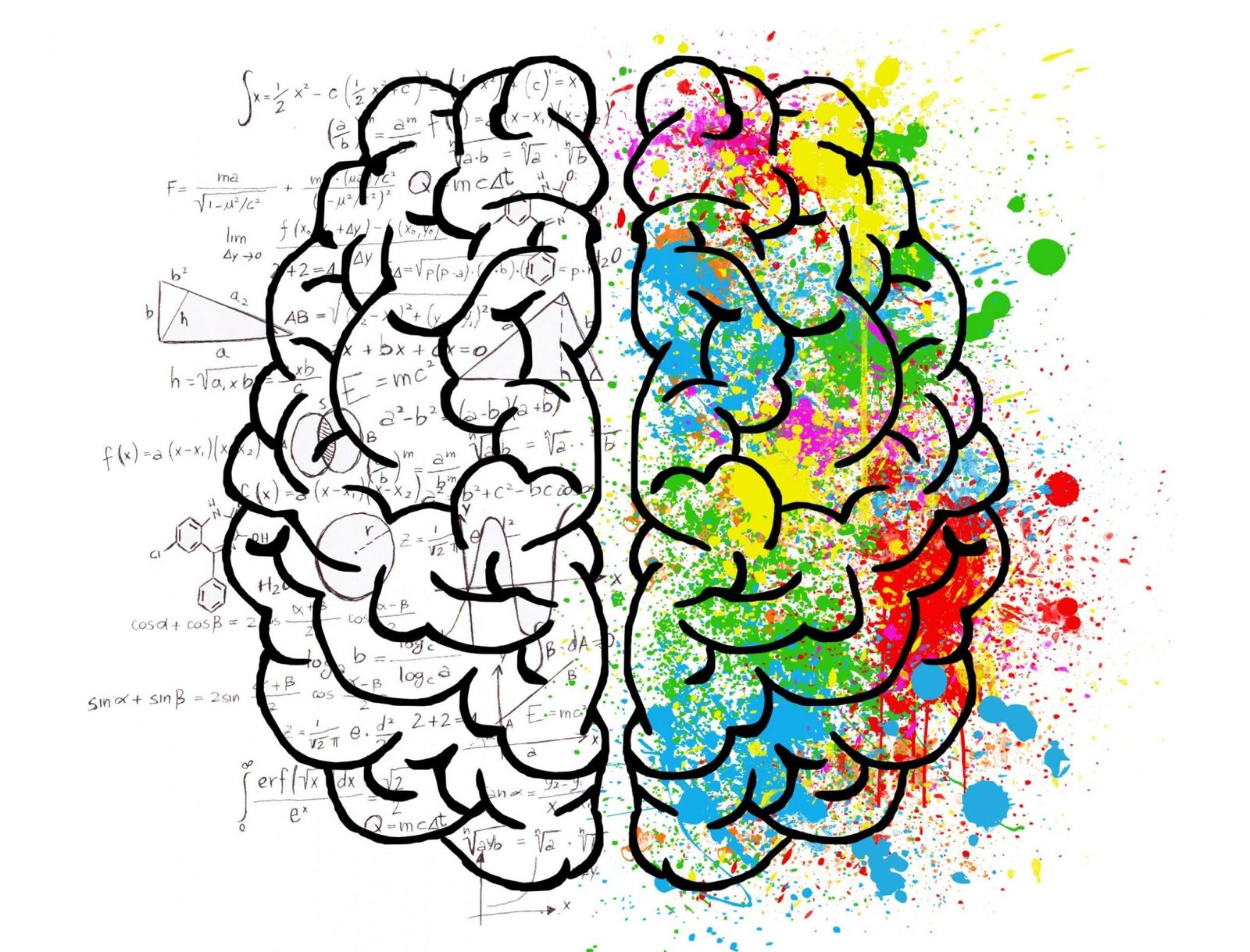In today’s interconnected world, multilingualism is growing more common, especially as the internet has given way for people to learn new languages from the comfort of their own homes.
However, some myths and misconceptions may discourage people from giving themselves a chance. Some individuals may presume that grasping the basics of a language as an adult is near-impossible, and while it is more complicated, it’s certainly feasible.

The ease of picking up a new language comes down to consistency, motivation, as well as access to a good teacher who knows where to start with you. Online courses can easily be found, and they come cheap, and sometimes for free. There are even a business translation services to make things smoother.
If you’re not sure why you should be learning a new language, here’s what you’re missing out on.
Cognitive benefits
The cognitive process of learning a new language allows you to exercise your brain by constantly feeding it new information. This learning curve doesn’t stop when you master the language, either. When you’re exposed to a completely new culture, you get to expose yourself to new literature, art, and traditions, all of which continue to feed your brain and expand your understanding of life around you.

Scientifically speaking, monolingual people have less gray matter volume than multilingual, which means that they use only a small part of their right hemisphere when speaking; whereas bilinguals use both their left and right hemispheres. Multilingualism can also affect white matter, which is responsible for sending and receiving messages through neurons. In short, multilingual are much better in communication.
Travel
There’s no better way to learn a new language than by travelling to the home country that speaks it. Deciding to pick up on a new language encourages you to travel and connect with locals, which doesn’t just widen your social circle, but helps you pick-up on what books and coaches cannot teach you. A culture’s sense of humor, general taste, and political drives can only be learned when you immerse yourself in the culture first-hand.
However, you may find some difficulty in processing the paperwork required to travel. Especially if it needs to be translated to another language when you don’t yet speak it. Professional translators at https://www.espressotranslations.com recommend delegating this job to a professional and choosing a reputable service that can translate documents for you. If you’re planning on traveling to learn a language, and need to translate your documents, never trust a stranger with this task.
Career advancement
Although we wouldn’t recommend that you teach yourself a language with the sole motive of advancing your career, it is nonetheless a huge bonus. Depending on what you do for a living, speaking more than one language makes your resume more competitive, seeing as the demand for bilingual professionals are continually on the rise.

This goes especially for jobs that compel you to communicate with customers. Your employer would much rather have higher-paid bilinguals, than having to hire a larger group of monolinguals. However, this doesn’t just apply to customer service. Many desk jobs will require you to look at paperwork in other languages, and it’s always a plus to your employer that you can read and speak a language other than your mother tongue.
Self-expression
Picking up on a new language does not just introduce you to a different syntactic way of expressing yourself; it feeds your identity, and introduces it to new concepts that you might relate to and benefit from. Some studies have even examined the personalities of bilingual people, and have noticed changes in their personality when they code-switch (switch from speaking one language to another).
But that doesn’t mean that code-switching changes your personality on the spot. It just means that your character can evolve in such a way that makes you more expressive, and more open to different methods of expressing your emotions. This dual identity trait that bilinguals have is not at all negative, but is more of a way for your brain to identify different traits and emotions with the language in which you can best express it. To sum up, speaking a second language makes you more emotionally intelligent.

Speaking more than one language provides you access to a different culture, while the cognitive benefits of the learning curve itself has undeniable benefits to your brain. Connecting with other cultures through language learning will also encourage you to travel and widen your social circle, while learning to code-switch will help you express yourself more eloquently. Learning a language isn’t just about advancing your career, it’s about gaining a new perspective, and having a more tolerant and open character.






